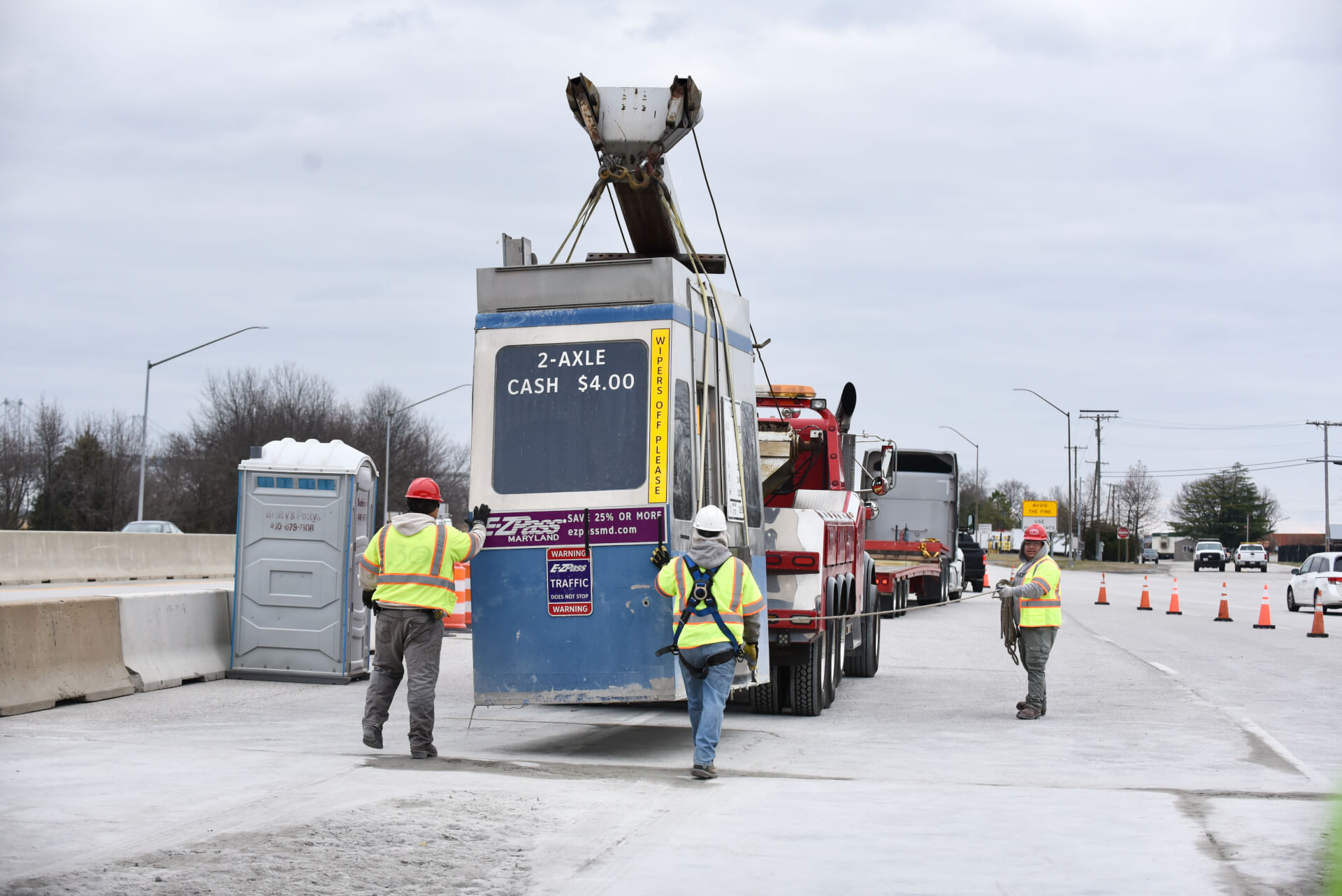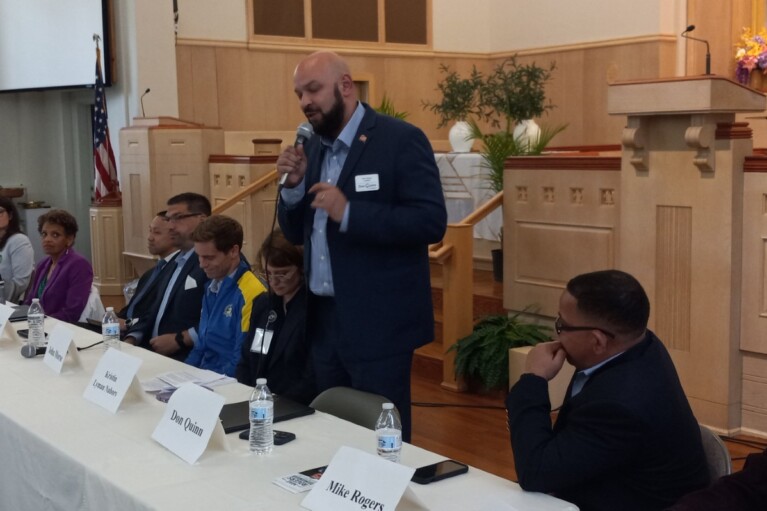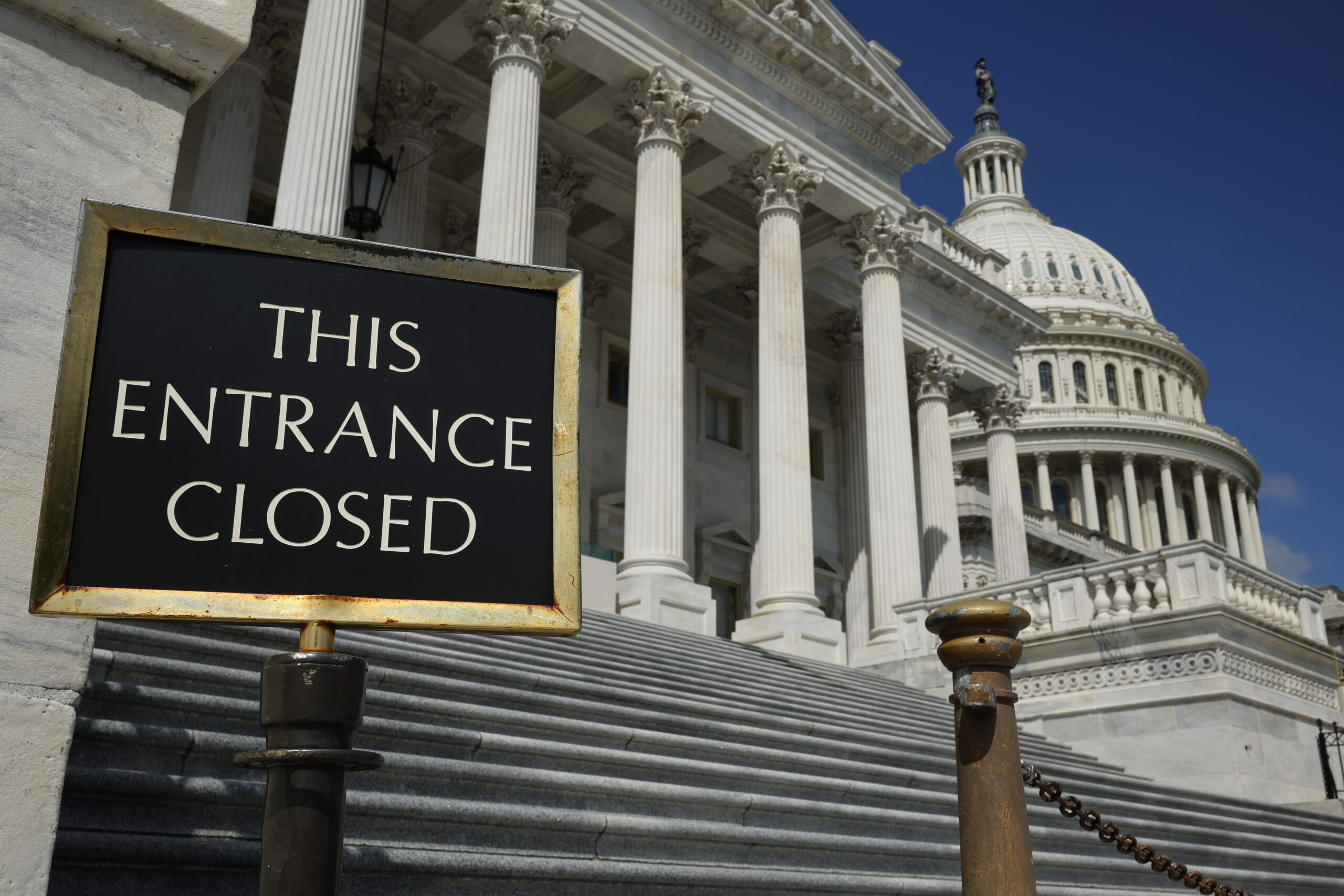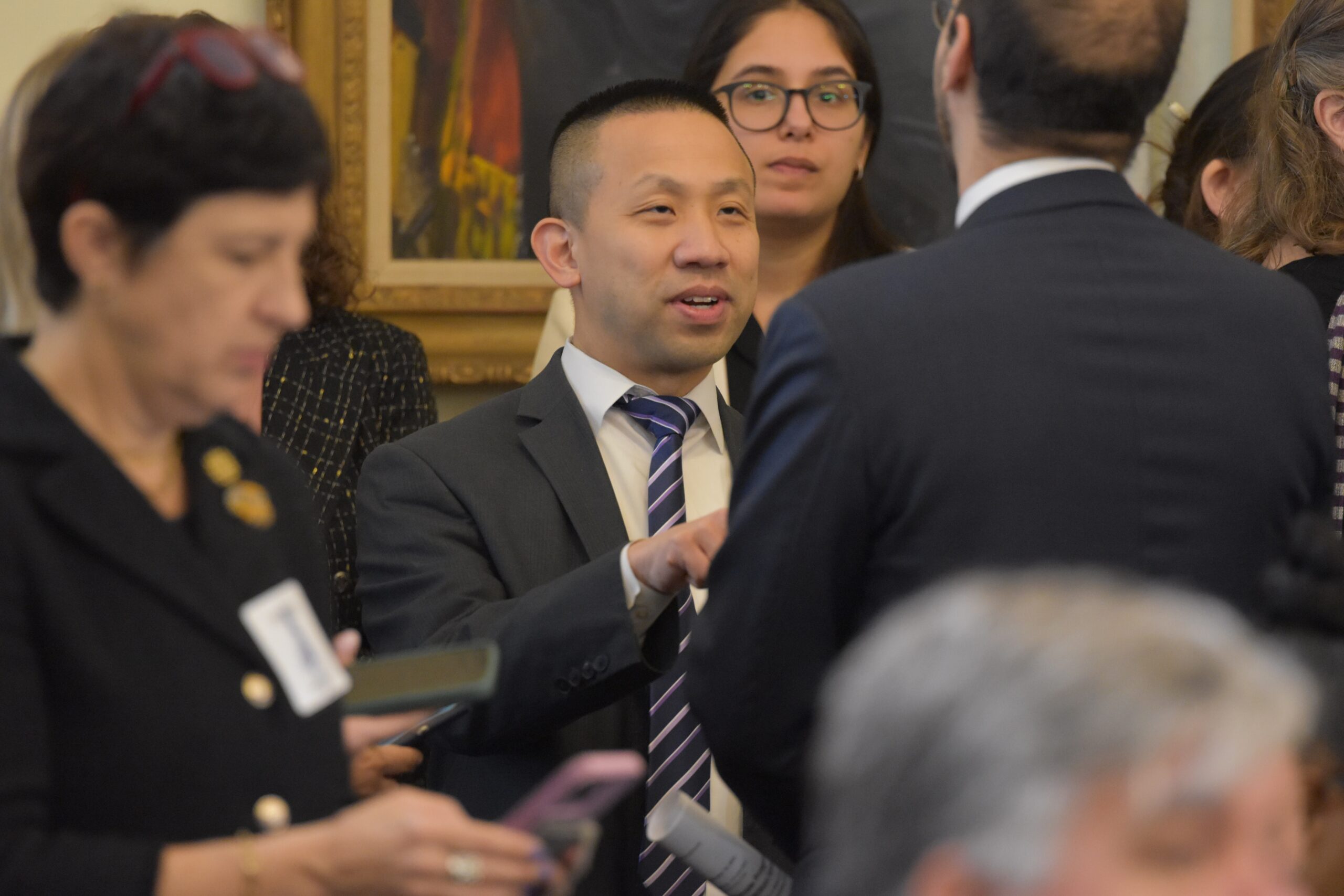Lawmakers Plan Hearing on Over-Charging Errors at Maryland Toll Facilities

In the wake of an independent review that found irregularities in Maryland’s toll-collection system, some legislators are urging their constituents to review their E-ZPass and credit card accounts to make sure they haven’t been over-billed.
In addition, a General Assembly committee is preparing to hold a hearing this fall on problems with the Maryland Transportation Authority’s toll-collection operation.
The review, by the Office of Legislative Audits (OLA), found that thousands of motorists were over-charged during a year-long period — from May 2019 to July 2020 — that saw a switch in vendors and the installation of new equipment.
Many of the over-charges involved two-axle vehicles that were read by electronic sensors as having three or more axles. Other vehicles were double-billed for a single pass beneath a toll gantry.
Although the agency credited customer accounts in some instances, “it did not ensure all customers were refunded for any over-billing,” investigators concluded.
In addition, OLA auditors said that while the authority was aware of problems with tolling equipment at four facilities — the Fort McHenry Tunnel, the Intercounty Connector, the Interstate 95 Express Toll Lanes, and the Thomas J. Hatem Memorial Bridge — “our review… also disclosed an issue at the Francis Scott Key Bridge that MDTA had not previously documented.”
In its formal response, the MDTA acknowledged some issues, disputed others, and agreed to make necessary fixes by Dec. 1.
Dels. Kevin B. Hornberger (R-Cecil) and Sara Love (D-Montgomery) are among the lawmakers urging their constituents to go back and review their accounts.
“All of this technology was supposed to make our lives easier,” Hornberger said. “But it’s getting to the point where you can’t swing a dead cat in Cecil County without hitting somebody that’s had a negative impact with E-ZPass.”
He said the breakdowns in the system are undermining the public’s confidence in it. “People have difficulty involving themselves in a process that’s inherently broken.”
Del. Carol L. Krimm (D-Frederick), the House chair of the legislature’s Joint Audit and Evaluation Committee, said the panel will hold a hearing in late November or early December to determine whether the MDTA has fully addressed the problems.
“I don’t want people to ever feel that the government is being unfair to them, whether it’s tolling or whatever,” she said.
“When you have government agencies that have employed these systems that are malfunctioning, and there doesn’t seem to be a clear effort to clear that up, then that does present a fairness issue to the public.”
During a meeting with Cecil County officials last month, MDTA Executive Director James F. Ports Jr. disputed elements of the OLA’s findings, saying that system algorithms had flagged issues before the audit began.
“We reimbursed all those people,” he said. “So I’m not sure where the controversy is with that one.” He said the authority credited 5,646 motorists a total of $67,000.
One Cecil official recently told Transportation Secretary Greg Slater and his team that she had to seek reimbursement after her sedan was mistakenly charged as if it were an 18-wheeler.
In response to the audit, state transportation officials pointed to a “perfect storm” of factors that led to the billing errors — chief among them the installation and testing of new equipment, the decision to switch contractors, and the workplace challenges imposed by the pandemic.
The decision to pull toll-takers off the job at the start of the COVID-19 crisis forced the agency to discontinue cash tolls two years earlier than planned, Slater added.
Lawmakers said they are looking for assurances that MDTA has fully scrubbed the system of its shortcomings and that everyone receives the refunds they are entitled to.
“It seems like some of these incorrect charges would not have been picked up had it not been for the audit,” said Sen. Clarence K. Lam (D-Howard), Senate chair of the audit and evaluation committee. “I’m not sure that they have a full grasp of why these incorrect charges occurred in a lot of these circumstances.”
Although many motorists go months without paying a toll, Hornberger said residents of Cecil, in the northeast corner of Maryland, along I-95, encounter them routinely, making the discrepancies a big deal.
”This is a headache that they don’t want,” he said of the authority. “I know they’re working diligently to fix it. But we’ve got to get to a good place with this, and soon.”




 Creative Commons Attribution
Creative Commons Attribution